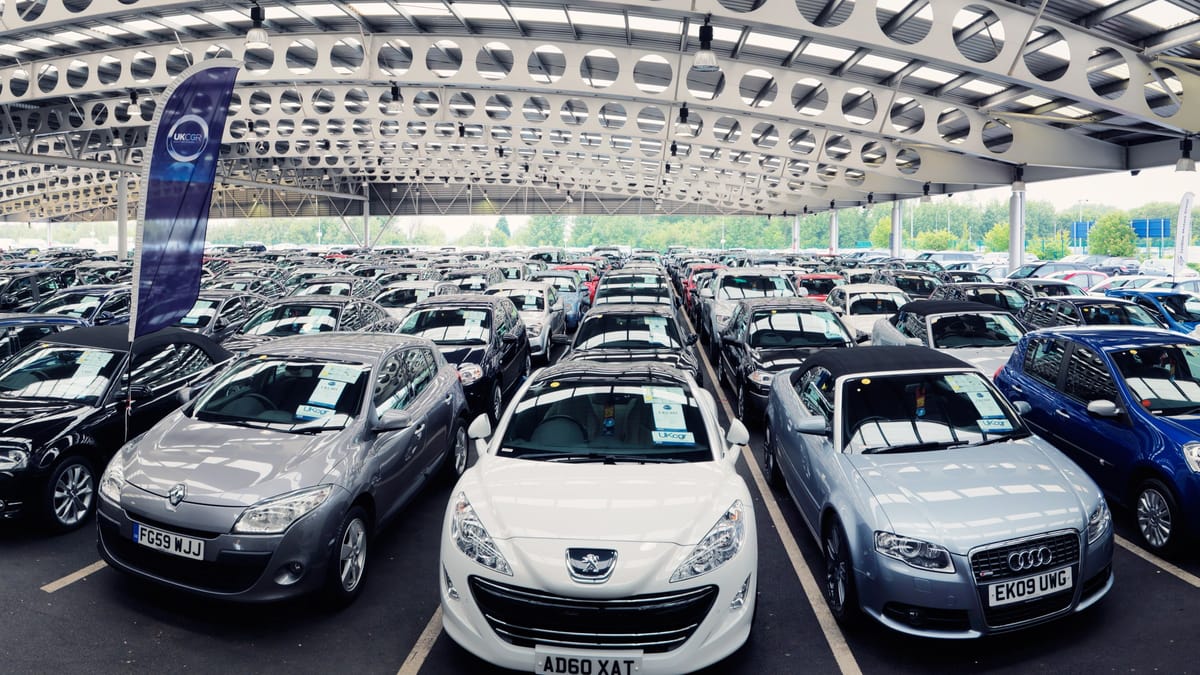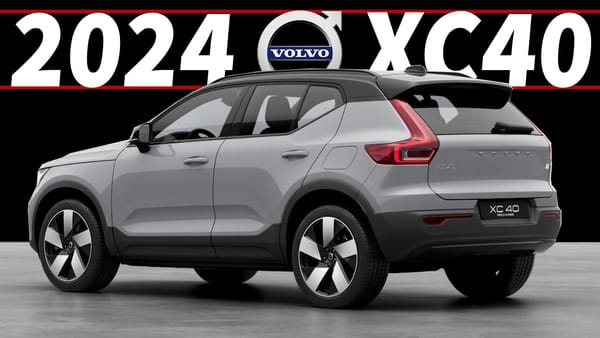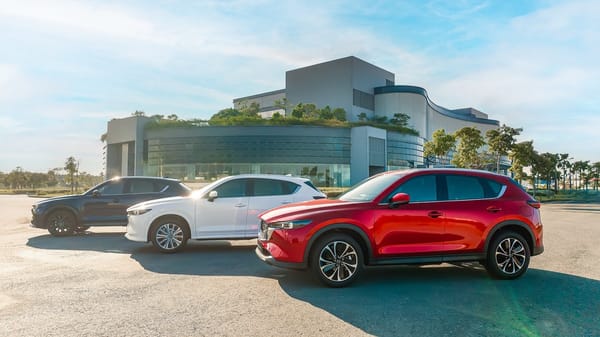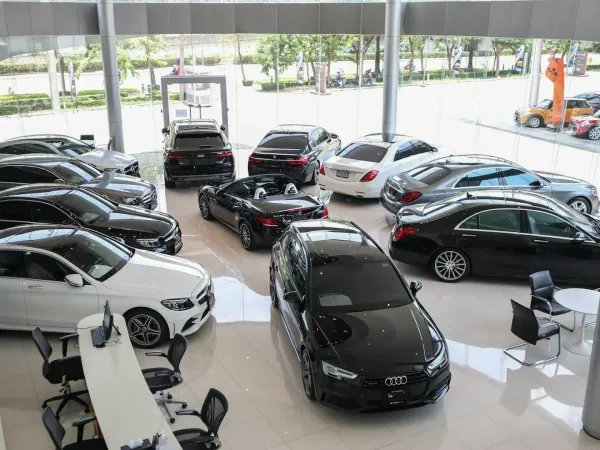The Most Fuel-efficient Non-hybrid Cars: Saving Money And The Planet

Introduction
As concerns about climate change and rising fuel costs continue to dominate global discourse, consumers are increasingly turning to more environmentally friendly and cost-effective transportation options. While hybrid and electric vehicles have been heralded as the future of sustainable driving, non-hybrid cars have also made significant strides in fuel efficiency. These vehicles offer a more affordable and practical solution for drivers who want to reduce their carbon footprint without committing to a hybrid or electric vehicle. This article explores the most fuel-efficient non-hybrid cars on the market, providing you with the knowledge you need to make an informed decision and save both money and the planet.
1. Understanding Fuel Efficiency
1.1. What is Fuel Efficiency?
Fuel efficiency, often measured in miles per gallon (MPG), refers to how far a vehicle can travel on a specific amount of fuel. A car with higher fuel efficiency uses less fuel to travel the same distance as a car with lower fuel efficiency. This not only reduces fuel costs for the driver but also lowers the vehicle’s carbon emissions.
1.2. The Importance of Fuel Efficiency
With the growing concerns about the environmental impact of fossil fuels, fuel efficiency has become a crucial factor for many car buyers. Vehicles with better fuel efficiency contribute less to air pollution, reduce dependency on fossil fuels, and help mitigate the effects of climate change. Additionally, higher fuel efficiency translates to cost savings over time, making it an attractive option for budget-conscious consumers.
1.3. How is Fuel Efficiency Measured?
Fuel efficiency is typically measured using two metrics: miles per gallon (MPG) for gasoline vehicles and liters per 100 kilometers (L/100km) for vehicles in countries using the metric system. The higher the MPG or the lower the L/100km, the more fuel-efficient the vehicle is. These measurements are determined under controlled conditions and may vary based on driving habits, terrain, and weather conditions.
2. Top Fuel-efficient Non-hybrid Cars
2.1. Toyota Corolla
The Toyota Corolla has long been known for its reliability and efficiency. The 2024 model continues this tradition with an impressive fuel economy of up to 40 MPG on the highway. Equipped with a 2.0-liter 4-cylinder engine, the Corolla offers a balance between performance and efficiency, making it a top choice for drivers seeking a fuel-efficient non-hybrid vehicle.

2.2. Honda Civic
The Honda Civic is another stalwart in the compact car segment, offering a fuel economy of up to 42 MPG on the highway. Its turbocharged 1.5-liter 4-cylinder engine provides ample power while maintaining excellent fuel efficiency. The Civic's sleek design and advanced safety features make it a popular choice among eco-conscious drivers.

2.3. Hyundai Elantra
The Hyundai Elantra stands out with its bold design and fuel efficiency. The 2024 Elantra offers up to 43 MPG on the highway, thanks to its 2.0-liter 4-cylinder engine and intelligent variable transmission (IVT). The Elantra also comes with a host of technology features, making it a practical and efficient option for modern drivers.

2.4. Mazda 3
The Mazda 3 is known for its sporty handling and refined interior. The 2024 model also impresses with its fuel efficiency, achieving up to 36 MPG on the highway with its 2.5-liter 4-cylinder engine. While not the highest on the list in terms of MPG, the Mazda 3 offers a dynamic driving experience combined with reasonable fuel economy.

2.5. Nissan Sentra
The Nissan Sentra has undergone significant improvements in recent years, and the 2024 model is a testament to that. With up to 39 MPG on the highway, the Sentra's 2.0-liter 4-cylinder engine delivers a smooth and efficient ride. The Sentra also offers a comfortable interior and advanced safety features, making it a well-rounded choice for those seeking fuel efficiency.

2.6. Kia Forte
The Kia Forte is a compact car that doesn't compromise on fuel efficiency. With up to 41 MPG on the highway, the 2024 Forte offers an excellent balance between performance and economy. Its 2.0-liter 4-cylinder engine provides sufficient power, while its modern design and technology features appeal to a wide range of drivers.

2.7. Volkswagen Jetta
The Volkswagen Jetta continues to be a strong contender in the compact car market, offering up to 41 MPG on the highway. The 2024 Jetta is powered by a 1.4-liter turbocharged engine, which provides both efficiency and a responsive driving experience. The Jetta's European-inspired design and comfortable interior make it a favorite among drivers who value style and efficiency.

3. How to Maximize Fuel Efficiency
3.1. Regular Maintenance
Maintaining your vehicle is key to maximizing fuel efficiency. Regular oil changes, tire rotations, and air filter replacements can ensure that your car runs smoothly and uses fuel efficiently. Keeping your tires properly inflated is also crucial, as under-inflated tires can reduce fuel efficiency by up to 3%.
3.2. Drive Smoothly
Aggressive driving, such as rapid acceleration and hard braking, can significantly reduce fuel efficiency. By driving smoothly and maintaining a consistent speed, you can improve your vehicle’s MPG. Using cruise control on highways can help maintain a steady speed and reduce unnecessary fuel consumption.
3.3. Reduce Weight and Drag
The more weight your car carries, the harder it has to work to move, which reduces fuel efficiency. Removing unnecessary items from your vehicle and avoiding carrying heavy loads can help improve MPG. Additionally, reducing aerodynamic drag by keeping windows closed at high speeds and removing roof racks can further enhance fuel efficiency.
3.4. Plan Your Trips
Combining errands into one trip and avoiding heavy traffic can help reduce fuel consumption. By planning your routes and avoiding peak traffic hours, you can save both time and fuel. Using a GPS app to find the most efficient route can also contribute to better fuel efficiency.
3.5. Consider Fuel-efficient Driving Techniques
Techniques such as coasting to a stop instead of braking suddenly, accelerating gradually, and anticipating traffic flow can help maximize fuel efficiency. Additionally, using the correct gear for your speed and engine load can prevent the engine from overworking, thereby saving fuel.
4. Environmental Impact of Fuel-efficient Cars
4.1. Reducing Carbon Emissions
Fuel-efficient non-hybrid cars produce fewer carbon emissions compared to less efficient vehicles. By consuming less fuel, these cars emit less carbon dioxide (CO2), a greenhouse gas that contributes to global warming. Choosing a fuel-efficient vehicle is a step toward reducing your personal carbon footprint and helping to combat climate change.
4.2. Decreasing Air Pollution
In addition to reducing carbon emissions, fuel-efficient cars also emit fewer pollutants such as nitrogen oxides (NOx) and particulate matter (PM). These pollutants contribute to air quality issues, including smog and respiratory problems. By driving a fuel-efficient car, you can help improve air quality and public health.
4.3. Conserving Natural Resources
Fuel-efficient vehicles use less gasoline, which helps conserve natural resources. As global oil reserves continue to dwindle, the importance of fuel conservation becomes more apparent. By choosing a fuel-efficient car, you’re contributing to the preservation of these valuable resources for future generations.
4.4. Encouraging Sustainable Practices
Driving a fuel-efficient car can inspire others to consider their environmental impact and make more sustainable choices. As more consumers prioritize fuel efficiency, car manufacturers are incentivized to continue developing and improving eco-friendly vehicles. This shift toward sustainability can lead to broader changes in industry practices and environmental policies.
5. How to Choose the Right Fuel-efficient Car for You
5.1. Assess Your Driving Needs
When choosing a fuel-efficient car, it’s important to consider your driving habits and needs. Do you primarily drive in the city, or do you frequently take long highway trips? Understanding your driving patterns can help you select a vehicle that offers the best fuel efficiency for your lifestyle.
5.2. Compare Fuel Efficiency Ratings
Before making a purchase, compare the fuel efficiency ratings of different vehicles. Websites like the U.S. Environmental Protection Agency’s (EPA) Fuel Economy Guide provide detailed information on the MPG of various cars, allowing you to make an informed decision based on your priorities.
5.3. Consider Total Cost of Ownership
While fuel efficiency is a significant factor, it’s also important to consider the total cost of ownership. This includes the purchase price, insurance costs, maintenance, and potential resale value. A more fuel-efficient car may have a higher upfront cost but could save you money in the long run through reduced fuel expenses.
5.4. Test Drive Multiple Vehicles
Test driving multiple vehicles can give you a better sense of how each car handles and how comfortable you feel behind the wheel. Pay attention to how the car accelerates, brakes, and handles different driving conditions. A test drive can also give you an idea of the car’s fuel efficiency in real-world conditions.
5.5. Think About Long-term Value
When choosing a fuel-efficient car, consider its long-term value. Vehicles with a reputation for reliability and strong resale value can be a wise investment. Additionally, cars with lower emissions and better fuel efficiency may become more desirable as environmental regulations tighten, potentially increasing their value over time.
6. Alternatives to Fuel-efficient Non-hybrid Cars
6.1. Hybrid Cars
Hybrid cars combine a gasoline engine with an electric motor to improve fuel efficiency. While they tend to be more expensive than non-hybrid vehicles, the savings on fuel costs can offset the initial investment over time. Hybrid cars are a good option for drivers who want to reduce their carbon footprint even further without fully committing to





